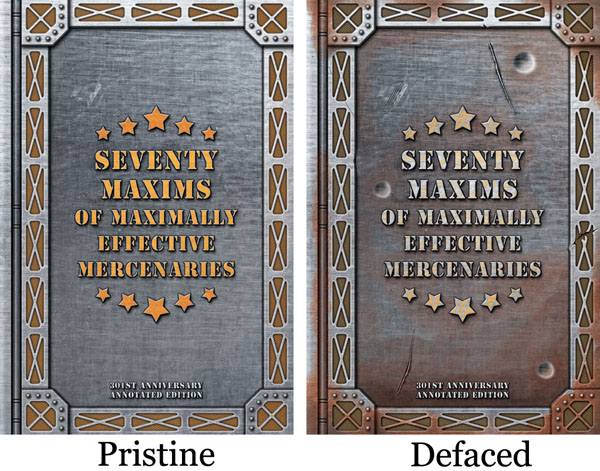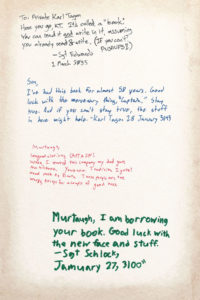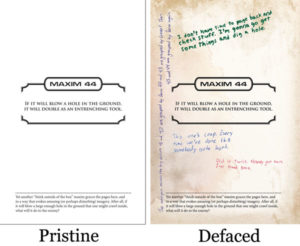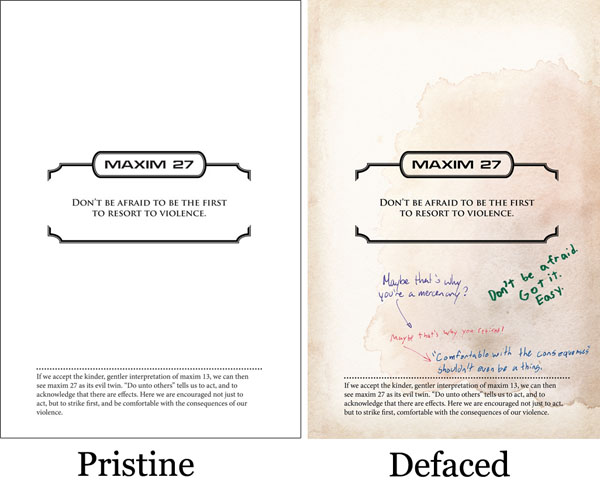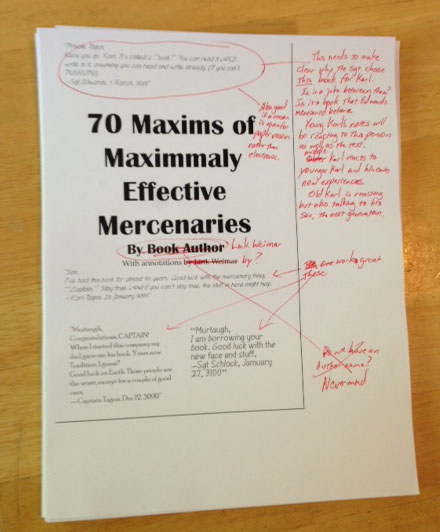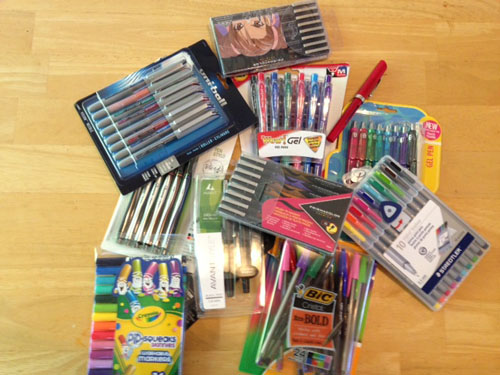It appears that more than a week has passed since I last posted. I was wondering how that could happen, then I made the following list of my projects in process:
Pioneer Trek
Preparing for this has been an endeavor which has required multiple shopping trips and lots of thinking. We aren’t a camping family, so there was quite a lot of gear that we didn’t already have. Or at least we didn’t have enough of. On top of that, Howard has been working hard to make sure that his work is far enough ahead that he can go internet silent for four days. So have I. This will be our longest trip away from the internet since we started running an internet based business. Also this will be the first trip since we got our cat where both us and our backyard neighbors are absent at the same time. They usually take care of her while we’re gone. So I’ve had to do quite a bit of thinking about who would care for her and what instructions I should give for the care of a cat who is accustomed to going in and out of the house as often as she can convince a human to open the door.
And then there has been a full load of anxiety attached to all of the above. I’ve spent quite a lot of energy telling myself that everything will be fine. The truth is that trek may very well be an entirely miserable experience. Or it could be a fantastic one. I don’t know how this will turn out, I just know that it is an important experience for our family to have. We felt that strongly when we agreed to go. I’ll admit that I’d like to come home and help my kids process and learn from amazing experiences instead of helping them process miserable ones. I have to remind myself that my job isn’t to make sure that my kids only have good experiences. My job is to help them learn and grow from whatever experiences they have. It is really stressful spending so much time and energy preparing for a thing without knowing how much emotional clean up we’ll have to do afterward. We leave at o’dark thirty on Tuesday.
Planet Mercenary
Howard and I have been figuring out how the workflow needs to go. He’s been doing art direction. I’ve been handling contracts. We started the process for manufacturing cards and dice. Alan continues to run playtests and tweak the rule set. I’m putting together the structural skeleton for the book, deciding how many pages will be devoted to each section.
Mental Health Management
I’ve been driving at least three and a half hours each week taking my kids to various appointments, therapy sessions, and classes. This does not include the time that I sit and wait for them while they are in these things. Though I don’t do as much sitting around as I’d expect because I tend to drop one off, drive another one, then pick one up, then pick up the other one. It is hard for me to tell if any of it is producing increased emotional stability and coping skills. I think I won’t know the results of this summer until school starts. I do know that we just revised our plan for Link. His therapist (the second one we’ve tried, and the one I thought might be able to help) is leaving. Instead of handing Link off to a new therapist, we’ve decided to take a break for a bit. We’ll let him process the classes he’s taking. And let him process the experiences he has during Trek. And let him process going to visit his grandparents without his parents also there. In addition to all of that, we’ve been doing some medicine switches. Changing mental health medicine is a slow process which requires observation. I think that things are improving. The kids are negotiating their frustrations in ways that are more productive. And that is not for lack of conflict over video games, food, space, etc. I sometimes feel guilty that I’m not providing more summer outings, but the kids are bonding over shared games, and I have to remember that is worthwhile.
GenCon
Out past the trek, Howard and I will both be going to GenCon. I’m very excited about this. I’ll get to go and be with other writers. I’ll get to dwell in a professional space and put down much of the parenting things. We run a booth at GenCon, so there are lots of preparatory things we need to do. I did the big shipment of merchandise to our crew there. This past week Howard and I ordered new pins, bags, and badge holders which will be at the show. That required decisions and design time. We’re actually a bit later on ordering those than we wanted to be. Some of them will be shipped direct to us and we’ll haul them to the show in suitcases. Also in my GenCon planning was figuring out child care while we were gone. I finally decided to send the kids to stay with their grandparents. This will mean they get to fly as unaccompanied minors (direct flight, only one hour long). The boys get their trip while I’m at GenCon. The girls get their trip a week earlier. Thus I’ve arranged for the house and cat to be tended at all times. There will be more GenCon scrambling after I get back from trek, I’m sure.
Schlock Mercenary / Regular business
The usual operation of things does not stop. There are orders to fill, email to answer, and accounting to do. We’ve also got the next Schlock book in process. There are more design decisions to make with this book because it is the first of the next set.
Household
Just like regular business does not stop, neither to regular household tasks. People need food, which requires shopping. We have defaulted into eating quite a lot of frozen food or eating out. This is hard on the budget, but does solve the problem of hunger. Though the kids are starting to talk wistfully of foods that are not microwaved. I’m hopeful that post-trek we’ll get back to meal planning and cooking more often. The other house project that is in process is preparing to paint Gleek’s room. She’s the only kid who didn’t shift rooms earlier this year, so she’s the only one who still has dingy white walls. This week Kiki and I have been helping her organize and sort her things. Gleek is old enough now that she’s ready to give away things she’s outgrown or at least store them instead of having them out. After trek we’ll pull things down from the walls, wash walls, and prepare to paint.
Writing
Blogging has been sporadic, obviously. Yet I’ve gotten started working on the revision of House in the Hollow. My goal is to have it submittable this fall. Writing is beginning to come back, which is always nice.
So that’s what I’ve been up to and what I’ll be doing in the next few weeks. I’m sure I’ll return from trek with stories to tell. Though if the stories are hard, telling them may wait a while.
